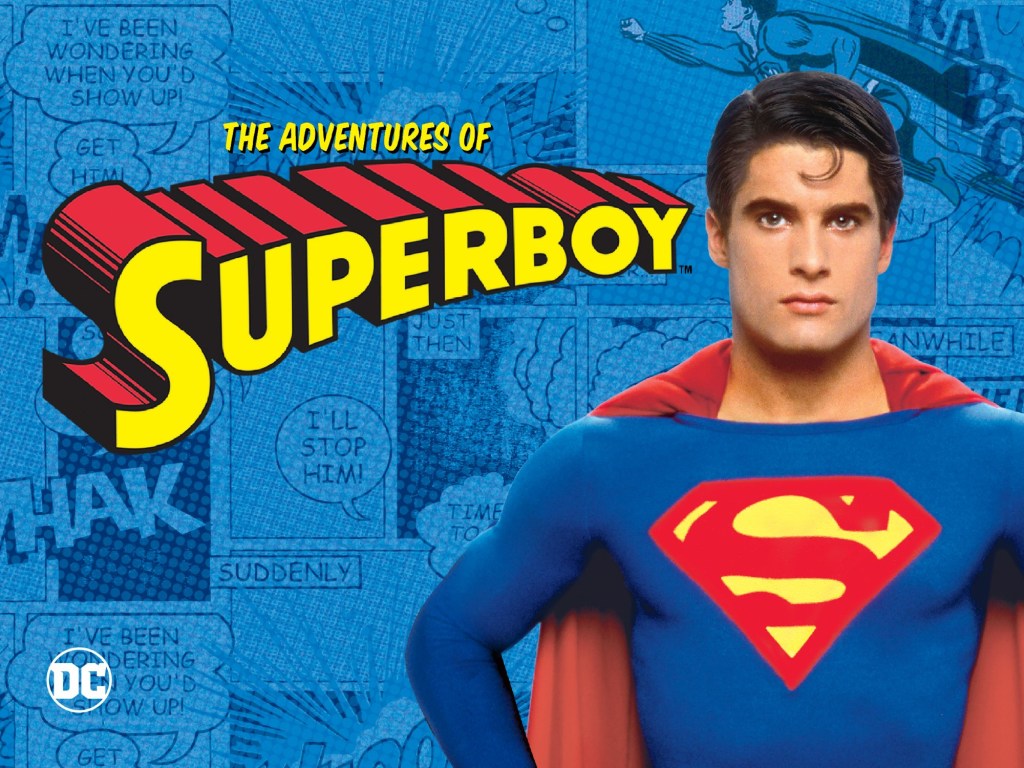In a pre-Lois & Clark world, long before Superman dealt with the perils of high school in Smallville, he spent some time in college and as an intern. They called the show Superboy, a seemingly odd choice since the comic book universe had essentially “erased” him a year earlier. The character would return soon and eventually become even more popular, but…

This is just an article test. #1









